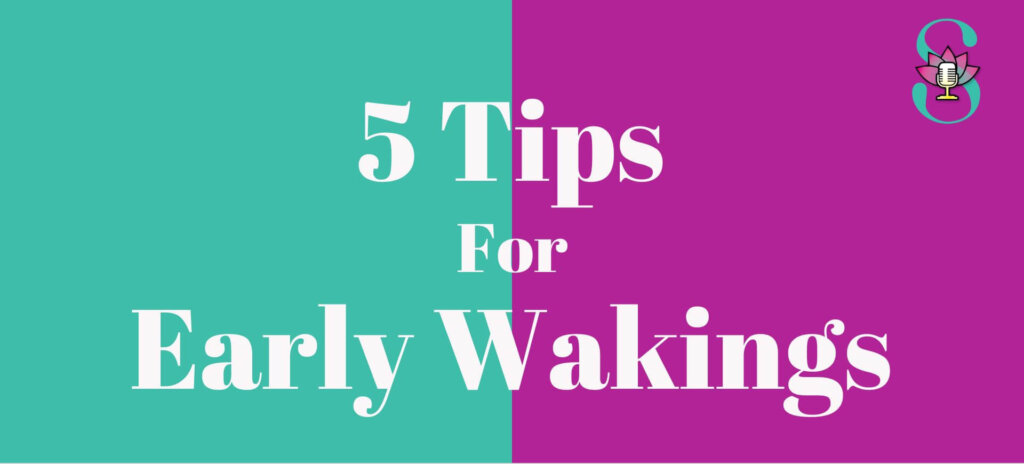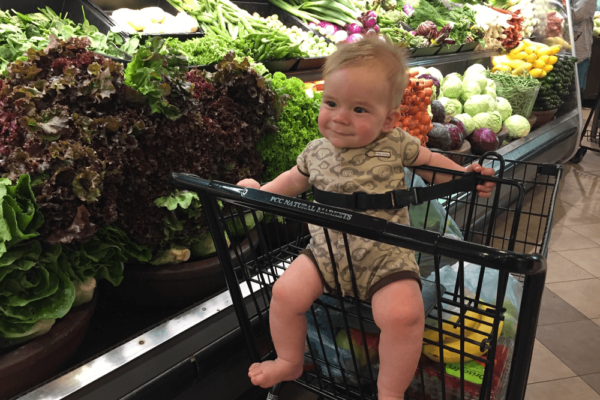5 Tips to Get Your Baby to Sleep In

Does your baby wake up at 4am-5am? Infant early waking is usually an indication that something needs to change. Here are 5 tips to assess if these factors are contributing to those difficult early morning wakes.
Light stimulation
Even the smallest amount of morning light creeping through your window or under your door, stimulates your baby’s brain and activates the internal clock, telling your baby “it’s time to start our day!”.
I suggest black out shades, curtains, cardboard or even tin foil to cover the windows.
*Safety note: Be sure that anything you put on your window can be quickly taken down for emergency evacuation purposes.
Noise stimulation
4am-5am can be a busy time of day for the outside world with vehicles starting and driving by, birds chirping and dogs barking. Adults are good at tuning all that noise out, but babies hear it all!
Try using a noise machine.
Use a rhythmic, consistent setting like white noise or rain. Make sure the noise machine is not too loud (50 decibels or lower, and positioned a distance from crib as to not cause potential damage to baby’s hearing).
Temperature
At 4am, the external temperature is dropping while your baby’s sleep cycle moves into a lighter phase which can cause an early wake. Make sure your baby is dressed appropriately for the room temperature. Ideal room temperature is 68 degrees.
Every baby is different. Some babies run colder and some run warmer. Assess your baby’s ideal sleep attire by checking the back of their neck. If they are sweaty, dress lighter. If they feel cool to the touch, dress slightly warmer. Hands and feet are not an accurate way to check body temperature, be sure to check their core body temperature
*Safety note: For babies under at least 1 year, make sure the crib is clear of loose bedding or blankets, stuffed animals, pillows and bumpers. If bedsharing, be sure to check out my safety co sleeping checklist here*
Sleep begets sleep
The most common cause of early wakings is overtiredness. The less sleep your baby gets, the more likely they are to wake up early, take short naps, and wake in the night.
Use wake windows to determine the appropriate amount of sleep for your baby.
Aim for bedtime to be between 6pm-8pm, ideally around 7pm.
Assess if your baby is getting too much daytime sleep and consider capping naps.
Delayed start
We can accidentally encourage early waking by starting our morning routines too early. This can easily become habit for your little one and set their body clock to wake for these routines.
Treat the early morning feed wakes like you would a night wake:
Keep lights low and voices low during a feed and diaper change and encourage baby to go back to sleep.
For babies on solids, try to not start breakfast too early as this may contribute to waking up early to eat. (always feed a hungry baby, the increased time before feeding can be gradual)
*Note: For babies older than 6 months, talk to your pediatrician about stopping night feeds.





Comments